A PLATFORM FOR WORKING PEOPLE IN
SRI LAKA’S ECONOMIC CRISIS
On 13th May 2024, researchers, activists, civil society organizations, trade unions, and community leaders came together to launch a platform called YUKTHI. At an event in Colombo, titled “FROM DISPOSSESSION TO DEVELOPMENT: SRI LANKA’S PATH TO DEBT JUSTICE,” YUKTHI was launched as a plural forum to support working people’s movements and struggles for democracy and justice in Sri Lanka. This alliance aims to promote better understanding of working people’s experiences, and critical analysis, and alternatives to neoliberalism, in Sri Lanka’s ongoing economic crisis.
As Sri Lanka has only postponed its unbearable repayment of private and
bilateral debt (with interest) to 2027; and is predicted to default on
its foreign debt in the near future, leading to yet another IMF
austerity programme, YUKTHI seeks to build a broad movement for debt
justice in Sri Lanka. It argues that the government’s debt
restructuring plans in the context of the IMF programme is no cure for
Sri Lanka’s sick political economy; and only attacks the
socio-economic rights of the working people while redistributing their
few remaining assets and resources to the ruling elite.
Dr. Ahilan Kadirgamar, of the University of Jaffna, and Madhulika
Gunawardana of the Feminist Collective for Economic Justice (FCEJ)
unpacked the debt crisis and its impacts on working people, even as
there is no end to their socio-economic crisis. Dr. Amali Wedagedara of
the Committee for the Abolition of Illegitimate Debt (CADTM) explained
why current negotiations with private creditors are unfavorable to Sri
Lanka, and the significance of a public audit of Sri Lanka’s debt.This
panel was moderated by Balasingham Skanthakumar of the Social
Scientists’ Association.
This was followed by activists explaining how the debt crisis and the
responses of the Government of Sri Lanka and the IMF are no solution to
the problems of working people. Annalingam Annarasa, fisher leader from
Kayts, described the worsening situation of small-scale fishers in the
Northern Province. Colombo Urban Lab founder Iromi Perera clarified the
connections between rollbacks in social protection and the stress on the
urban working poor. Young Researchers Network member R. Babyshalini
spoke of how plantation communities are hurting from IMF imposed
conditionalities. With land reforms underway, Vidura Prabath Munasinghe
of Law & Society Trust shared research findings on how restrictions on
access to land will undermine the wellbeing of the rural poor.
Peradeniya Professor Shamala Kumar of the Kuppi Collective analyzed
reductions in state expenditure on free education and why privatization
is part of the problem. Lawyer Ermiza Tegal closed the panel with a
reminder on the political repression of new laws and proposed laws to
enforce submission to the IMF programme. This session was moderated by
Melani Gunathilaka of Climate Action Now Sri Lanka and Yathursha
Ulakentheran of Young Researchers’ Network.
YUKTHI’s website [1] with resources on the structural roots of Sri
Lanka’s economic crisis and documenting how the costs of the crisis
are being shouldered by its victims rather than the ruling elite who
engineered it, went live during the event.
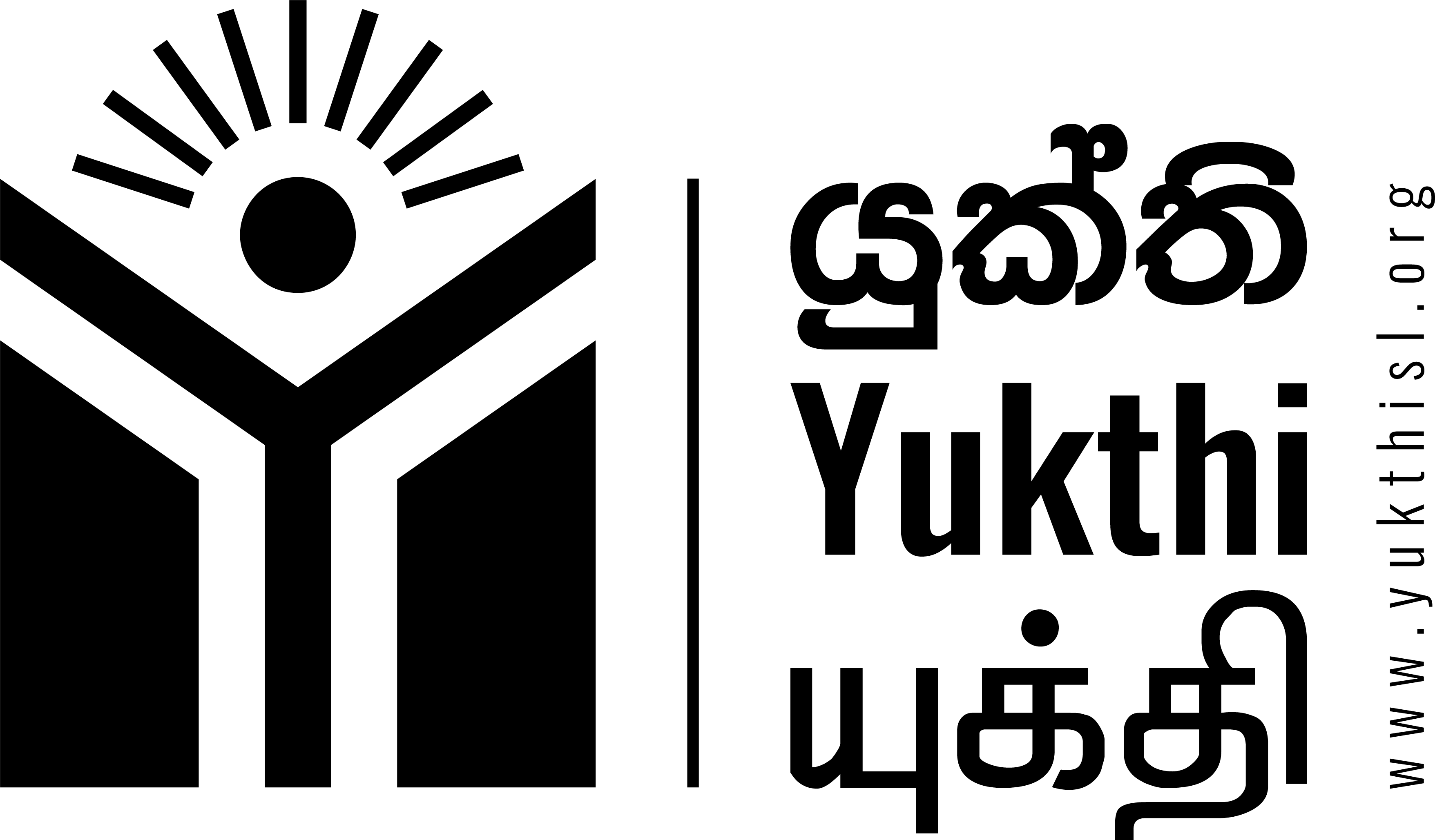

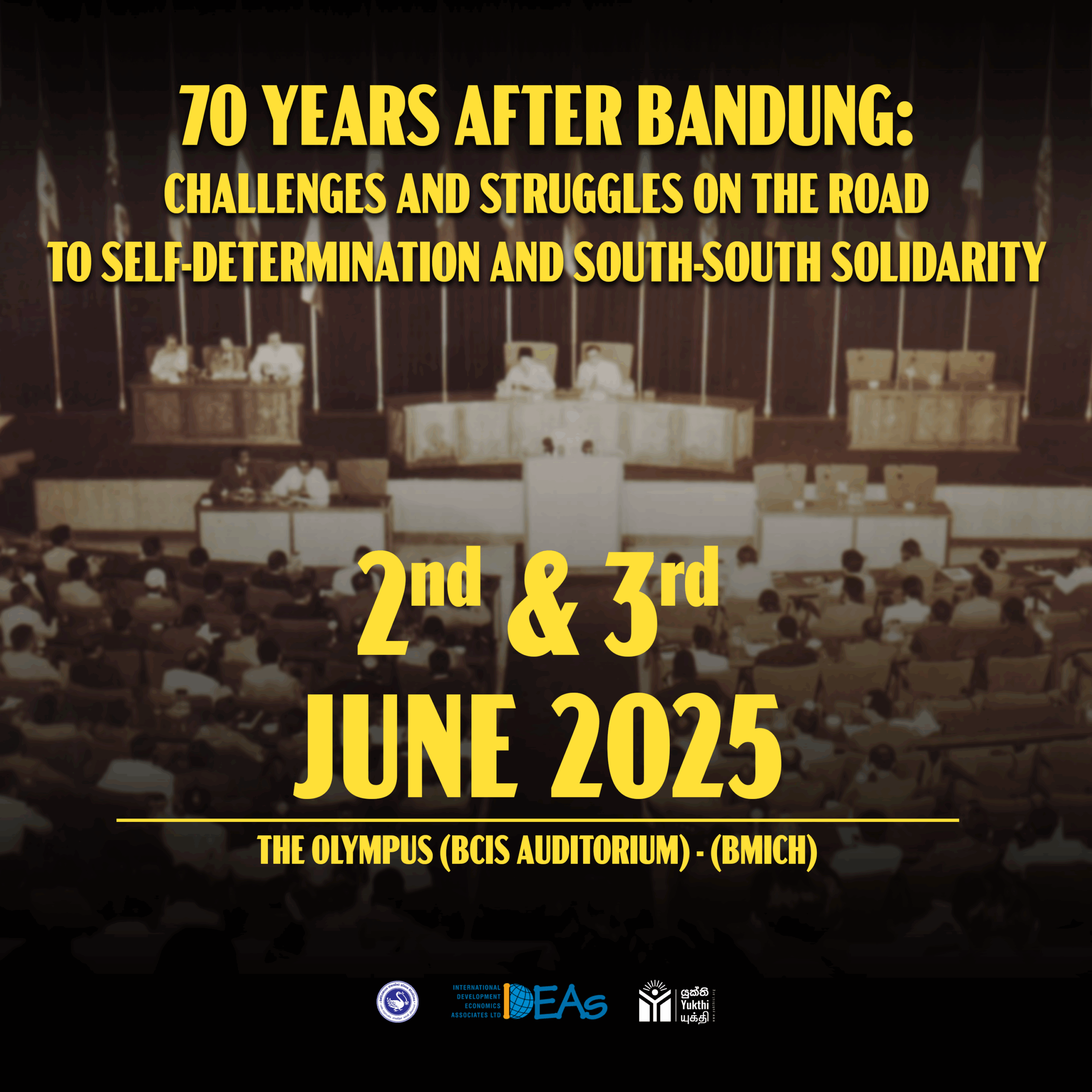
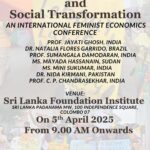
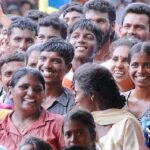

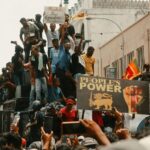



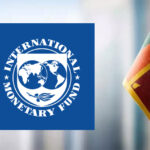
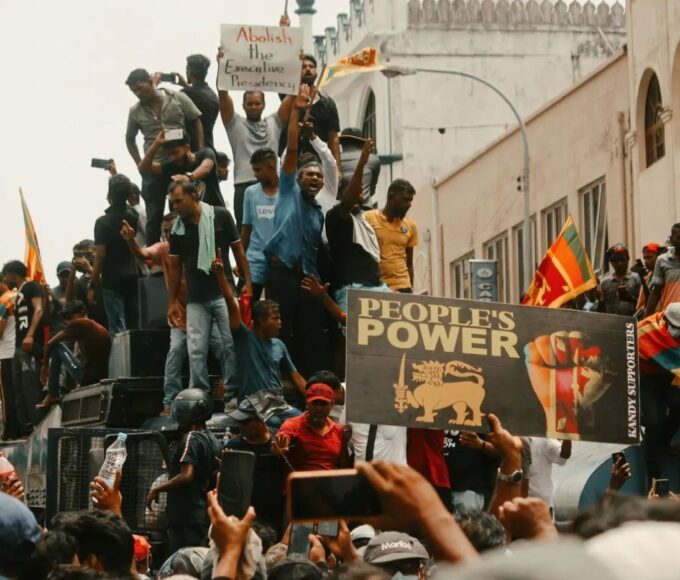
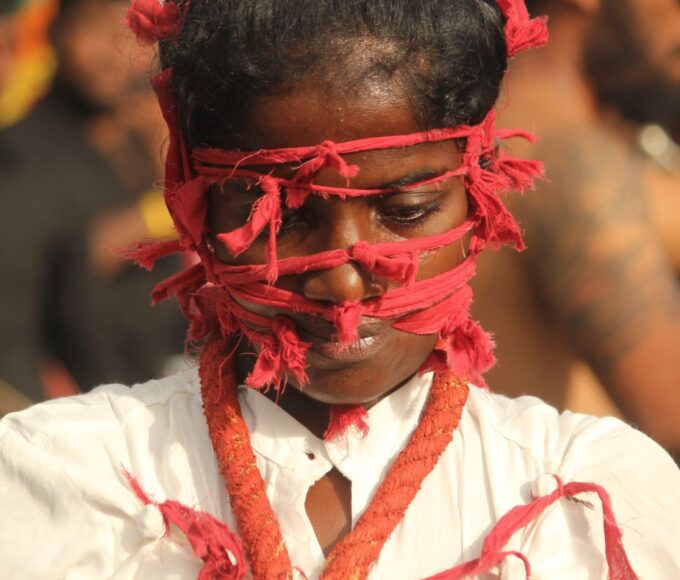

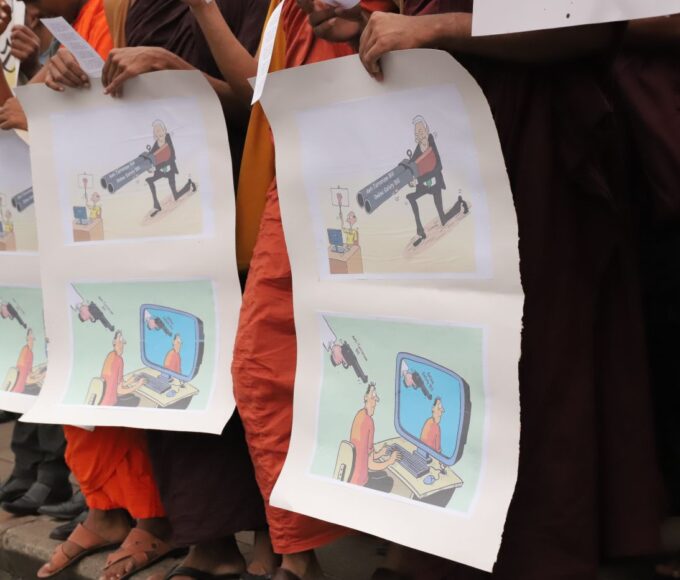
Leave a comment